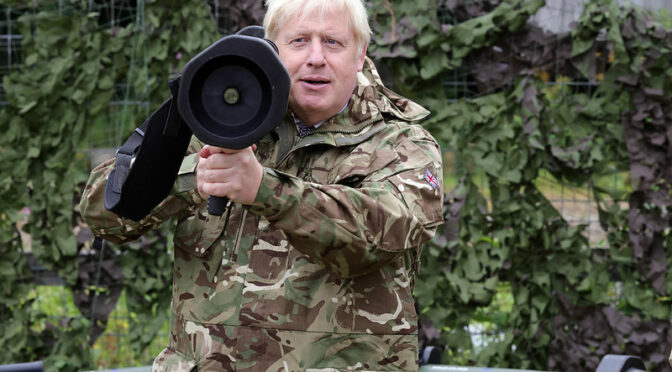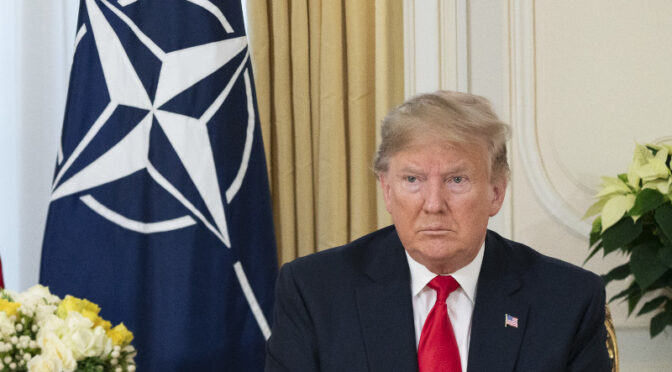Article published in The Daily Telegraph, 7 May 2025. © Richard Kemp
In his first interview since leaving the White House, Joe Biden accused President Trump of appeasing Russia over Ukraine. Well, Biden certainly knows all about appeasement. It was the hallmark of his presidency and accounts for much of the instability in Europe and the Middle East today.
Before Putin invaded, Biden sent the worst possible signal, seeming to suggest that a ‘minor incursion’ might not be too big a deal. Then when the tanks rolled in he offered to evacuate the leader of the embattled country to safety. That would have been like Roosevelt flying Churchill out of Britain in 1940.
Zelensky’s response was: ‘The fight is here; I need ammunition, not a ride.’ He got some of the ammunition but never enough, despite Biden’s claim in this interview that he had given Ukraine ‘everything they needed to provide for their independence’.
In reality his administration gave Ukraine just enough to enable them to defend against Russia but far from sufficient to achieve much more than prolonging the bloodbath. Biden may have treated Zelensky nicely in the White House but every plea for battle-winning weapons was met by months of procrastination and delay. That included tanks, ATACMS long-range missiles and F16 combat planes, all of which, if delivered rapidly and in sufficient quantities, could have turned the tide.
Furthermore, every offensive weapon that was provided was grudgingly handed over with the caveat that it couldn’t be used against targets on Russian soil, a restriction only partially eased late last year.
With Putin launching assault after assault from his side of the border, that really did force Ukraine to fight with one hand tied behind its back. And it was all down to appeasement and fear in the White House in the face of never-ending bombast from the Kremlin.
Biden rejected Trump’s attacks on European Nato members freeloading on the US, fantastically claiming that ‘it saves us money Continue reading






